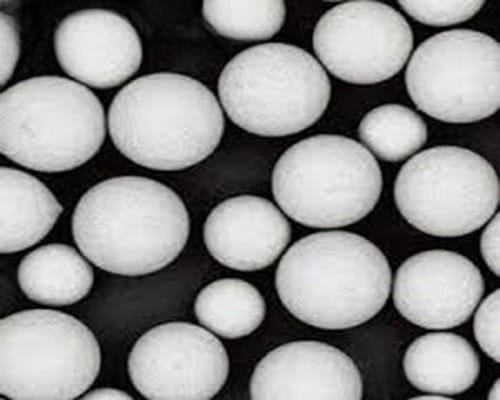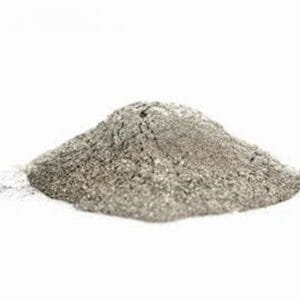Waspaloy Powder Overview
Waspaloy (UNS N07001) is a nickel-based superalloy known for its exceptional strength, even at high temperatures, making it a go-to material in demanding environments like gas turbines and aerospace components. With impressive performance at temperatures up to 1800°F (980°C), it surpasses many other alloys, including Alloy 718, especially at temperatures above 1200-1300°F (650-705°C). This age-hardenable alloy is frequently used in applications that require durability under extreme heat, particularly in gas turbines.
TFM offers top-tier Waspaloy (UNS N07001) powder, backed by more than 20 years of expertise in manufacturing and supplying this premium-grade material.
Waspaloy Powder Specifications
| Product Name | Waspaloy (UNS N07001) Powder |
| Alloy Grade | Waspaloy |
| Related Grades | Waspaloy (Am) Nc20K14(Fr) |
| Composition | C 0.03-0.10 Cr 18.0-21.0 Ni Bal Co 12.0-15.0 Mo 3.50-5.00 Al 1.20-1.60 Ti 2.75-3.25 B 0.003-0.010Zr 0.02-0.08 Fe 2.0 max B 0.010 max Cu 0.15 max Mn 0.15 max Si 0.015 max P 0.015 max S 0.10 max |
| Size Grades | -105+45micron -53+15micron |
| ASTM | / |
| AMS Specification | 5706, 5707, 5708, 5709 |
Applications of Waspaloy Powder
Waspaloy powder is commonly employed in extreme temperature environments. Its key applications include gas turbine components such as blades, seals, rings, shafts, and turbine disks. It is also the basis for the NIST Certified Reference Material 1243, utilized in X-ray fluorescence spectroscopy standards. The alloy is capable of cold-forming when annealed and can be hot-formed at temperatures exceeding 1900°F (1040°C). However, welding the alloy requires careful consideration due to the risk of strain age cracking in highly constrained conditions. Waspaloy also boasts strong resistance to combustion environments, holding up well at temperatures as high as 1600°F (870°C).





Reviews
There are no reviews yet.